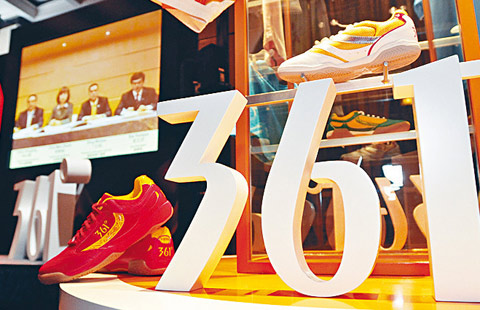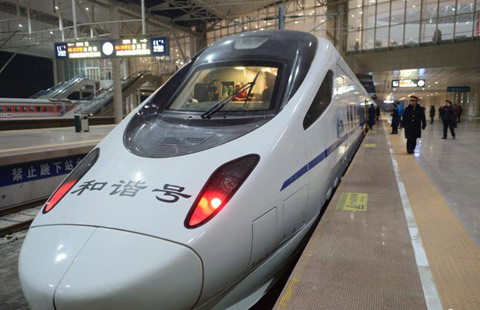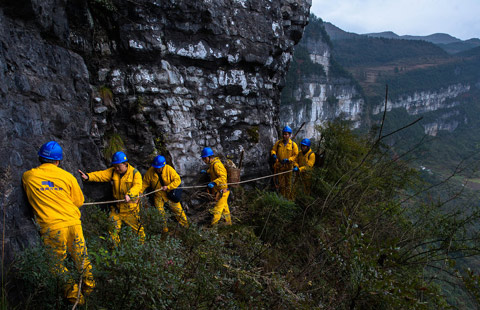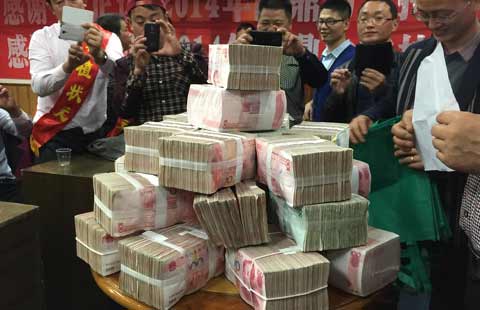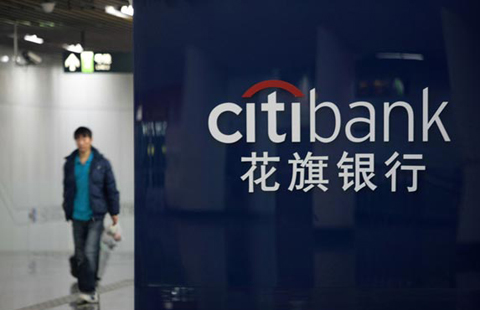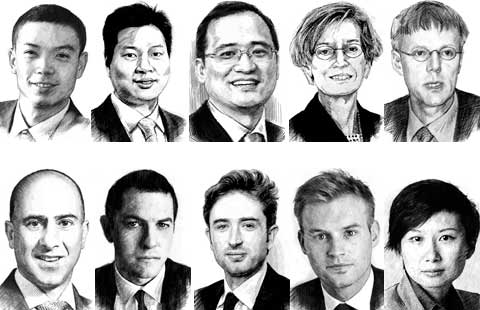Chinese shares face pressure with 22 new offerings in coming week
(Xinhua) Updated: 2015-01-12 09:06BEIJING - Chinese shares are likely to face downward pressure in the upcoming week as investors are expected to hold more cash for 22 new share offerings.
It will be the eighth round, and the largest wave of new share offerings, since last June when the China Securities Regulatory Commission, the securities watchdog, restarted the initial public offering (IPO) market.
For the next five trading days, Wednesday alone will see 10 new offerings, Thursday to have another 6 offerings, while each of the other three trading days will have 2 new offerings.
Like the previous seven rounds of new offerings, this round is expected to cause frenzied subscription as investors bet on handsome first-day gains.
Price of new stocks had always surged on the first trading day, with an average first-day gain of 43 percent in 2014, which had enabled them to regain reputation as can't-lose best in China.
Figures released by China's data company Wind indicated that the 22 new IPOs are expected to raise a total fund of 12.2 billion yuan ($2 billion).
Zhang Xiaojiao, a securities analyst with BOC International, said these new offerings were expected to lock up a bidding fund of 2.28 trillion yuan.
Frenzied subscription in the previous seven batches since last June had witnessed some new offerings that attracted more than 200 times oversubscription at best, while others were 50 times oversubscribed at worst.
Worry of liquidity pressure owing to the 22 new share offerings is believed to have played a part in Friday's dramatic ups and downs of the Chinese share markets.
The key Shanghai index soared 3.38 percent in the afternoon trading session on Friday, before nosediving into negative territory in the final 30 minutes and closing 0.24 percent lower.
In 2014, the Chinese mainland stock market saw 125 IPOs, raising 78.7 billion yuan, consultancy Deloitte said.
Chinese shares, which had been bearish for about six years, had staged an extraordinary rally in the second half of 2014 and created a bull run amid huge daily turnover. The key Shanghai index jumped 53 percent in 2014.
- Tibetan farmers, herdsmen see double-digit growth in income
- Chinese carrier mulls charter flights to Bahamas
- Small but reliable accessories makers are needed in China
- Volvo to sell Chinese-made cars in US this year
- Nanaholy offers both furniture and culture
- JD.com and Tencent to invest $1.55b in Bitauto
- New Apple Store opens in Central China
- China television market slows
